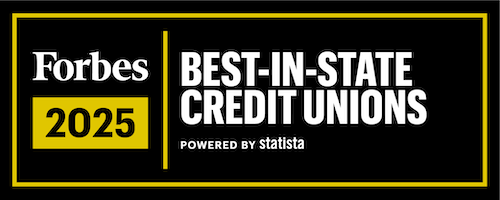Your credit score is a key measure of your financial health. It is the first thing a lender will look at when considering you for a mortgage or an auto loan. Your three-digit score, ranging from 300 to 850, represents the amount of risk you pose to a lender and will determine how much you are able to borrow. A higher credit score means lower interest rates when borrowing and more loan options for the borrower. If you are looking to buy your first home soon or are just looking to improve your credit, here are our favorite tricks to quickly boost your score:
1. Pay your bill on time
The largest factor in determining your FICO credit score is your record of paying bills on time. Late payments of 30 days or more can stay on your credit report for over seven years. To maintain a healthy credit score, it is important to pay your bill on time each month. If you struggle to remember to do so, try setting up account reminders or automatic payments to help you out. Additionally, you can pay your bill on-the-go with a simple phone call to your credit card company.
2. Become added as an authorized user
If you have a friend or family member who has good credit, they can add you to their credit card as an authorized user and you will inherit their positive credit. As an authorized user, you do not need to have access to their physical card to benefit from their credit score. All the person needs to do is call their bank or credit card company and ask to add an authorized user. While this is a simple, effective way to inherit good credit, it is also an easy way to take on bad credit. If you choose to become an authorized user on someone else’s card, make sure that they are reliable and pay their bills on time.
3. 30% credit utilization
Credit utilization is the second largest factor determining your FICO score and refers to the portion of your credit limit you are using at any given time. It is recommended that you use less than 30% of your limit on a card. If your limit were $12,000, it would be optimal to only spend $3,000. Because your credit score is calculated using your balance, you want to make sure that your balance is low before the billing cycle ends when the card issuer reports it to the credit bureaus.
4. Ask for a higher credit limit
By increasing your credit limit and maintaining your balance, you instantly lower your credit utilization and can improve your score. If you can resist the temptation to spend more with a higher limit, this may be a great option to quickly give you a boost. If you have a history of positive credit or if your income has increased recently, credit companies will be more likely to raise your limit.
5. Build credit with rent, utility, and other payments
For those without the financial history to generate a credit score, there are programs that are specifically designed to help these individuals boost their credit files. For example, UltraFICO is a free program that utilizes your banking history to build a FICO score. If you have experience maintaining a bank account and using it to pay your bills, this is an easy and completely free way to establish good credit. Similarly, rent reporting services like Rent Reporters and LevelCredit will report your monthly payments to credit bureaus for a small monthly fee to help you build your credit history.
6. Self-audit your credit report
It is important to review your own credit report so that you can see where you are at financially and to catch any errors that you might need to dispute to improve your credit. The process of disputing errors on your credit report can be timely but will go a long way if you are looking to get approved for a mortgage or take out an auto loan. You can request a free credit report from each of the three major credit bureaus, Equifax, Experian, and TransUnion.
7. Credit score composition
While the following tips are all great ways to improve your credit score, it is crucial to understand the five overall factors that can impact your score to maintain your financial well-being. The five components that determine your credit score are as follows:
- Payment history (35%)
- Amounts owed or credit utilization (30%)
- Length of credit history (15%)
- New credit or loans (10%)
- Credit mix (10%)
If you are currently struggling with credit issues, visit your local branch today for assistance.






